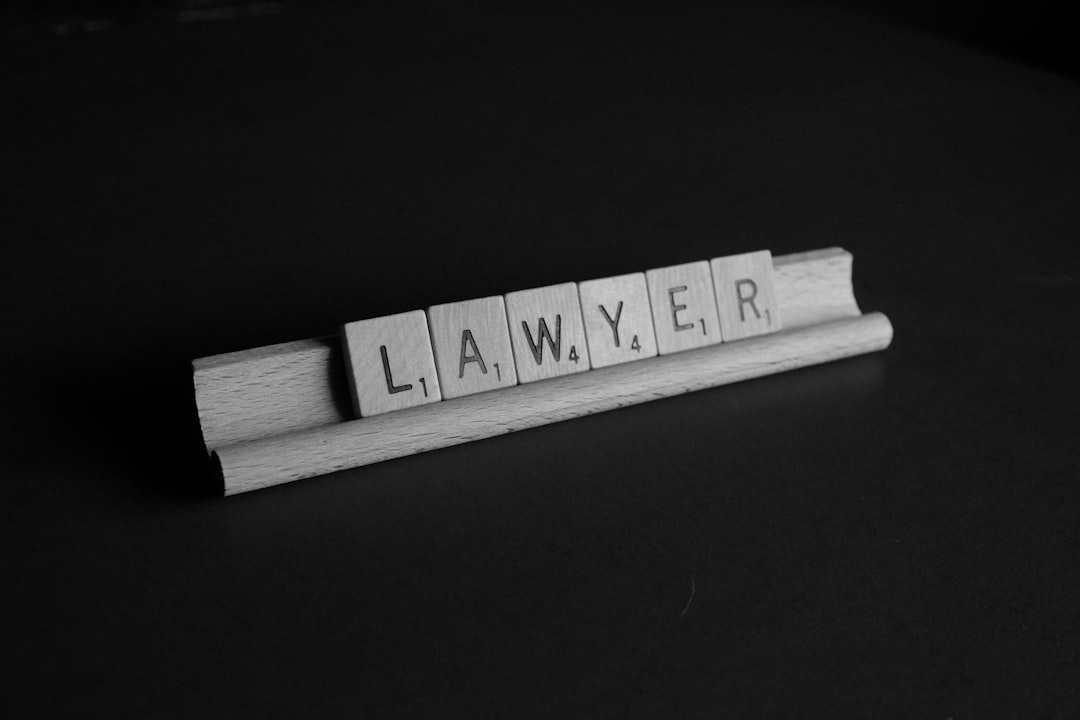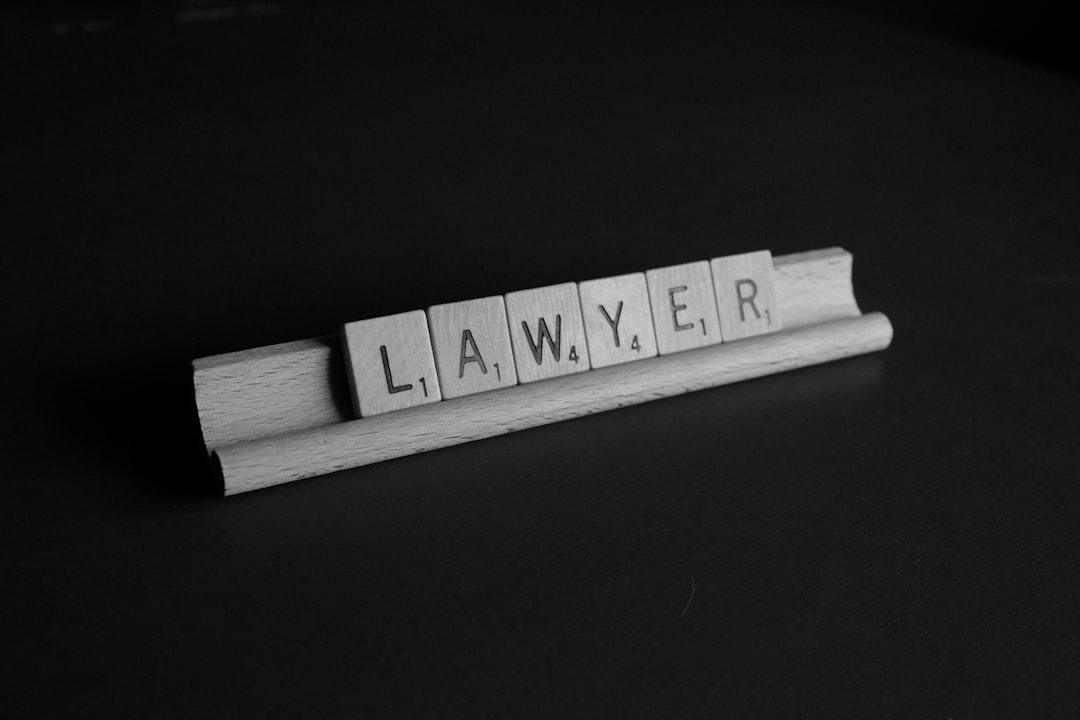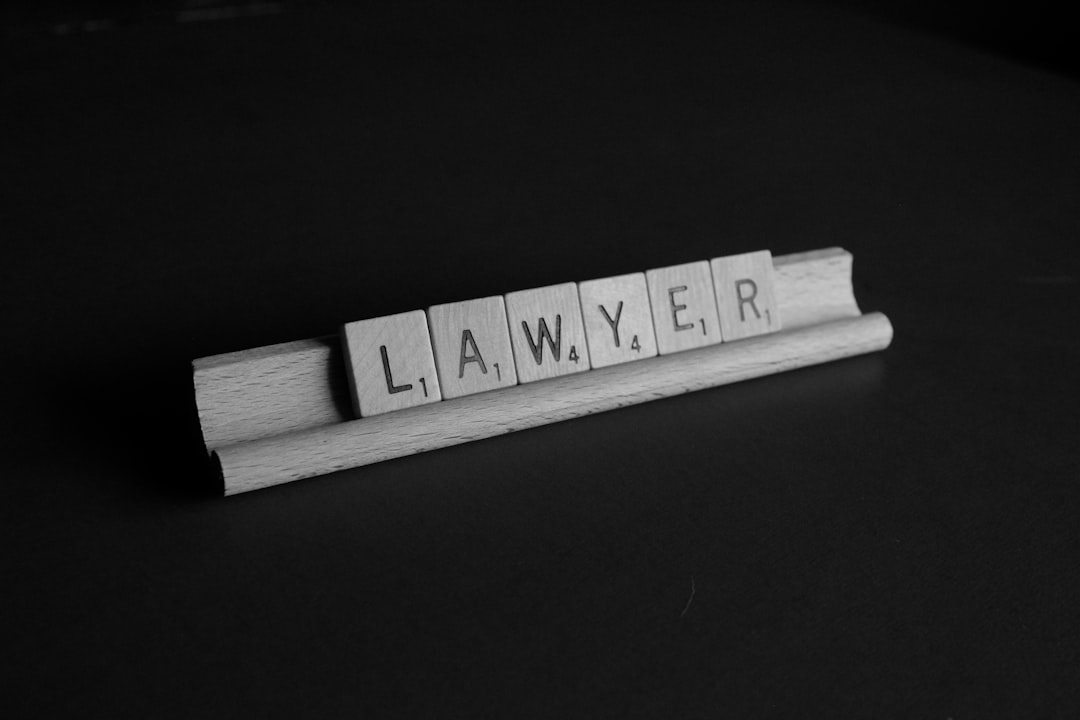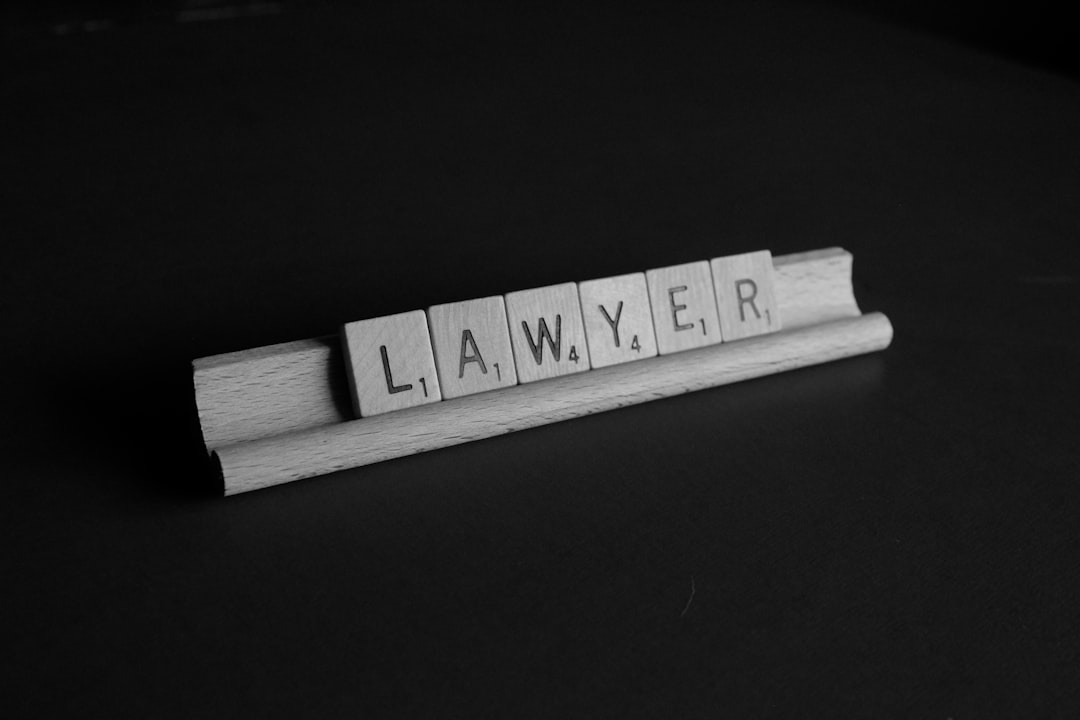Sexual abuse is a prevalent issue in South Carolina, affecting young people and hindering their educational pursuits. A sexual abuse attorney South Carolina can advocate for survivors' rights, providing crucial support to navigate legal complexities and overcome emotional barriers. Early recognition of signs through open communication with students and access to counseling services are essential. Legal professionals guide victims through the system, ensuring their academic opportunities remain intact. Educational institutions implement safety measures with the help of attorneys, creating a supportive environment. Non-profits and community centers also offer resources for healing and empowerment.
In South Carolina, understanding the impact of sexual abuse on educational goals is crucial. This article explores the pervasive issue of sexual abuse among youth and its detrimental effects on their academic pursuits. We delve into identifying signs and symptoms, highlighting the legal protections offered by a specialized sexual abuse attorney in South Carolina. Furthermore, it emphasizes the vital role of educational institutions in fostering safe spaces and provides an extensive list of resources available to survivors, aiming to equip readers with knowledge to support affected individuals.
The Prevalence of Sexual Abuse and Its Impact on Youth in South Carolina

In South Carolina, sexual abuse is a pervasive issue that significantly impacts the lives of many young people. According to recent statistics, the state has one of the highest rates of reported sexual assaults in the nation, with a substantial number of victims being minors. This alarming trend underscores the urgent need for comprehensive support systems and resources to address the aftermath of such traumatic experiences.
The impact of sexual abuse on educational goals is profound. Victims often face challenges in focusing on their studies due to emotional distress, anxiety, and depression. Many struggle with trust issues, which can lead to social withdrawal and difficulty forming relationships, hindering their ability to participate fully in school activities. A sexual abuse attorney South Carolina may play a crucial role in advocating for the rights of these young survivors, ensuring they receive the support needed to overcome these obstacles and pursue their educational aspirations.
Identifying Signs and Symptoms of Sexual Abuse in Students

Recognizing signs of sexual abuse is a crucial step in supporting affected students. Educators and caregivers should be vigilant for behavioral changes or unusual patterns that might indicate distress. Students experiencing sexual abuse may exhibit withdrawal from social activities, academic performance issues, sudden changes in mood or behavior, or they may become more secretive or aggressive.
If concerns arise, it’s essential to approach the student with empathy and care, encouraging open communication. A sexual abuse attorney in South Carolina can guide parents and guardians on how to navigate this sensitive topic while ensuring their rights and the well-being of the child are protected. Resources like local support groups and counseling services play a vital role in assisting both the victim and their family in healing and recovery.
Legal Aspects: What a Sexual Abuse Attorney in South Carolina Can Do

Victims of sexual abuse in South Carolina have legal rights and options available to them, especially if they aim to pursue educational goals. A Sexual Abuse Attorney in South Carolina can play a crucial role in navigating the complex legal system. They can provide guidance on understanding the applicable laws regarding sexual assault and abuse, helping clients recognize their rights and take appropriate legal action. These attorneys are equipped to assist with criminal charges, civil lawsuits, or both, ensuring victims receive justice and support.
In cases where educational opportunities are at stake, a lawyer specializing in sexual abuse can offer strategic advice. They may help draft letters to educational institutions explaining the situation, advocate for accommodations or adjustments needed to support the victim’s academic pursuits, and even represent clients during disciplinary hearings or similar proceedings. The goal is to ensure that survivors of sexual abuse can access and excel in their education without further trauma or legal hurdles.
Supporting Survivors: Educational Institutions' Role in Creating Safe Spaces

Educational institutions play a pivotal role in supporting survivors of sexual abuse, especially when it comes to ensuring their safety and well-being on campus. Creating safe spaces is essential for fostering an environment where students feel comfortable pursuing their academic goals. This involves implementing policies and programs that address sexual violence head-on, such as offering confidential counseling services, establishing reporting mechanisms, and providing resources tailored to the unique needs of survivors.
South Carolina has several initiatives aimed at supporting survivors through educational institutions. A sexual abuse attorney in South Carolina can guide students toward legal remedies while also advocating for policies that promote safety on campuses. These efforts contribute to a culture where every student feels empowered to pursue their education without fear, ultimately helping them achieve their academic goals and thrive in a supportive environment.
Resources Available for Victims of Sexual Abuse in South Carolina

In South Carolina, numerous resources are dedicated to supporting victims of sexual abuse and helping them achieve their educational goals. For those who have experienced sexual assault or harassment, seeking legal assistance is a crucial step. A sexual abuse attorney in South Carolina can provide guidance on understanding one’s rights, navigating legal processes, and pursuing justice. They can help victims access appropriate services, including counseling, medical care, and academic accommodations.
There are also various organizations across the state that offer specialized support. These include non-profit groups focused on survivor advocacy, trauma-informed care, and promoting education equality. Local community centers often host workshops and programs designed to empower survivors and help them re-enroll in school or pursue higher education. These resources aim to create a safe and supportive environment, ensuring victims can focus on their educational pursuits while healing from the trauma they’ve experienced.





